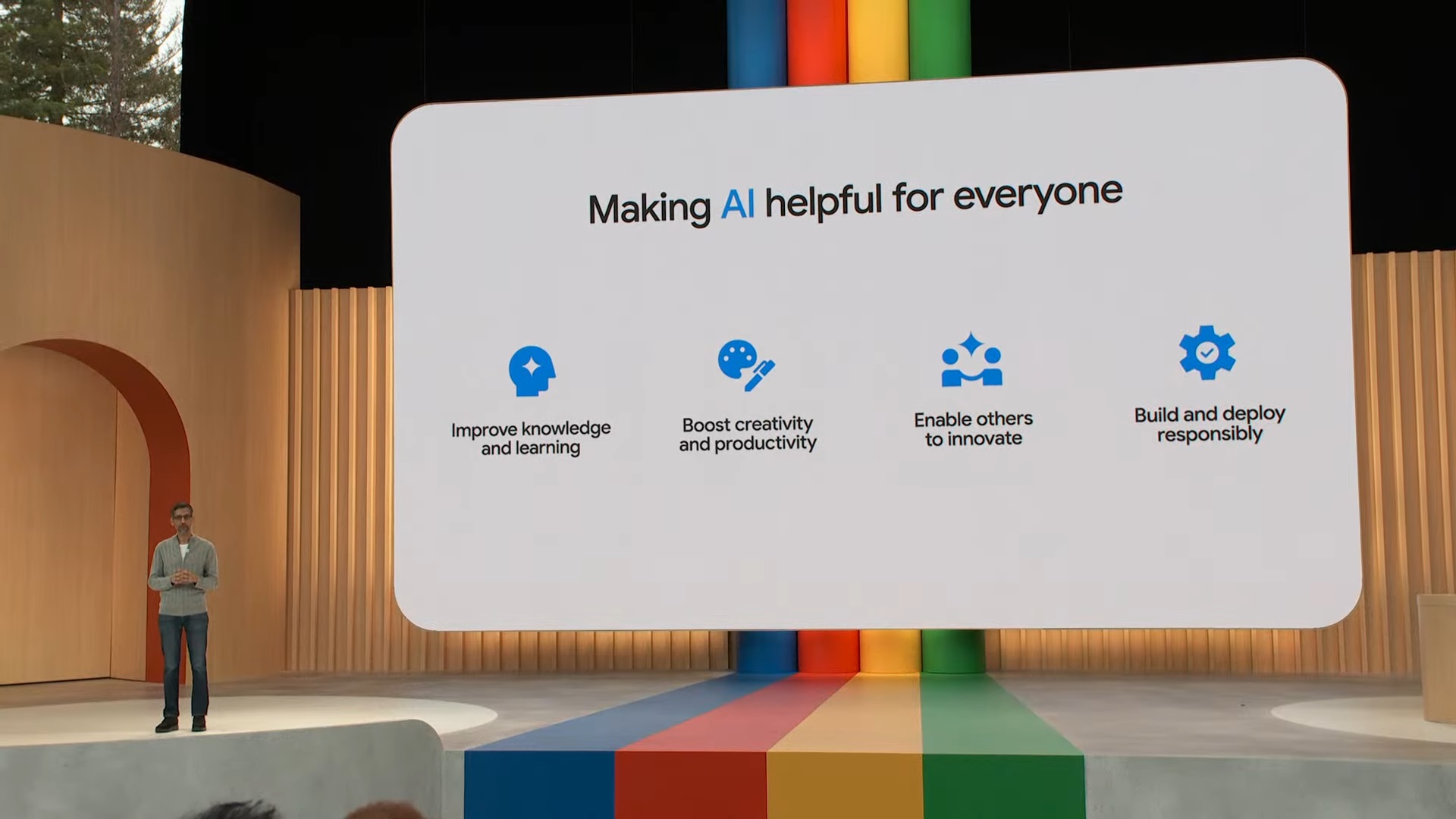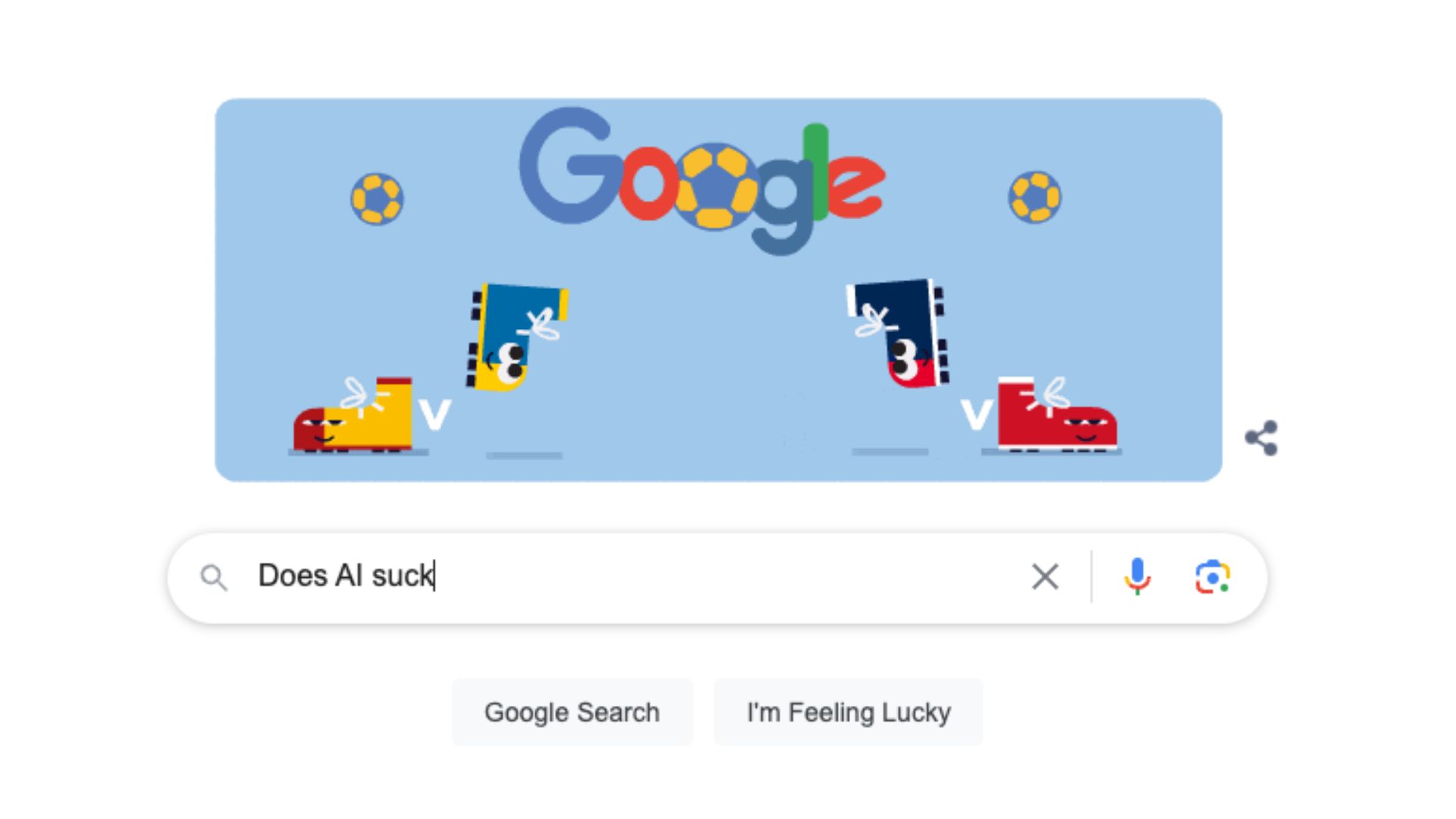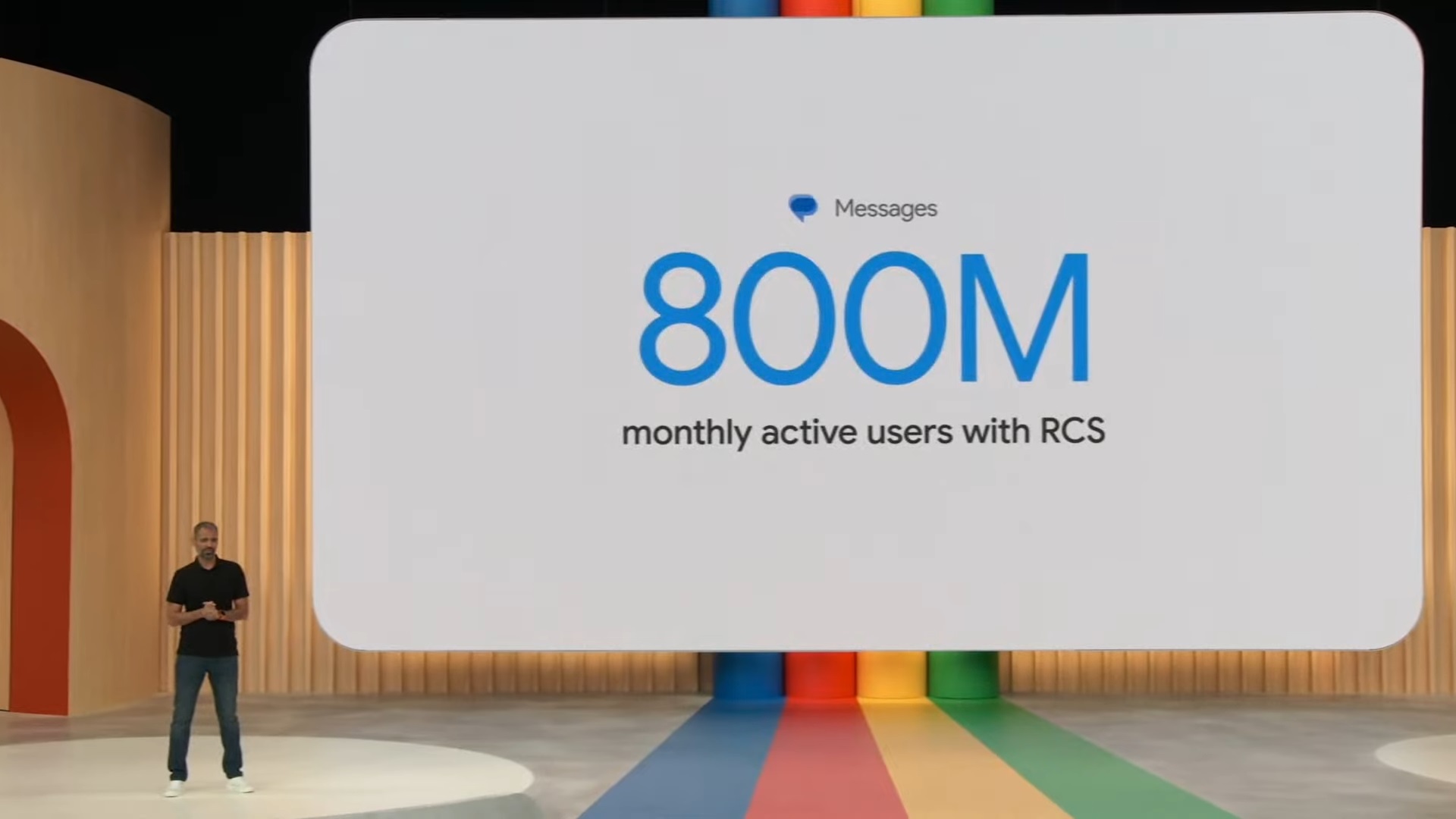
Google is bringing its new AI engine to the iPhone, as it makes it quicker to search than ever before. The latest in an ever-growing list of massive tech corporations to throw its hat in the ring, Google could well be the implementation that changes the internet more than anything else.
In an effort to make the search easier, Google recently announced its AI-powered Search experience, SGE, which brings together search results to try and summarize them for quick reading at the top of a search results page. While this could make getting through loads of results faster, it could also have long-lasting effects on internet content consumption and by extension creation as a whole. This week, Google has brought some new upgrades to the service and has introduced it to the Google app on iPhone.
Google brings generative AI to search

“Learn as you search,” says the Google press release, penned by Rany Ng, VP of product management and search at Google. It seems the company wants to bring the latest advancements in AI to the search window which we all use every day to find out about topics we’re passionate about — or even just when we’re trying to work out how to take a screenshot on Mac.
The idea is that Google will scrape its normal search results and the articles in it to give you a summary of your search query. Put more simply, that means that when you search for something, like “How does The President like his eggs?”, Google’s new AI will go through all the search results and use AI to write an answer for you. In the case of the query above, that would be finding the answer on a few sites, and then paraphrasing at the top of your search results.
It will, according to Google, cut down search times and allow you to learn more about science, history, economics, “and more.” Of course, to do this, it will be scraping through thousands of articles that crucially haven’t been written by Google.
Google’s AI search: iMore’s take
Our friends at Tom’s Guide called the new AI search a “Plagiarism Engine”, and doing some reading around the topic may well lead you to reach the same conclusion. When Google scrapes all that content that the AI will summarise and put into a small box at the top of the page, it will use conclusions based on written information that’s been created and worked on by content creators all over the internet — and they won’t be credited.
Instead, it seems like Google’s AI will give the impression that it came up with the conclusion, be that about the best gaming laptop, the best iPhone 14 cases, or whether Tom Cruise likes to sprinkle pepper on his Lucky Stars in the morning. When in fact, it's stealing the work of others to give you a quicker answer.

On the same side of the coin, it could be pretty rough for misinformation. While there is loads of great, informative content you can read on the internet, there is a bucket load of nonsense that’s designed to misinform and mislead — content that will also be scraped by Google's AI as it forms a search response.
There will likely be content filters for this very reason, but just as every fishing net will let some fish escape the bucket, every content filter will also have its problems.
Here’s the thing; AI can be very helpful. It’s made Siri much smarter with Petey on the Apple Watch, it’s used in surgical theaters around the world to help doctors, and there are other implementations that are genuinely helpful. In this case, however, the darker side of AI comes to light, with one of the biggest corporations in the world at its helm.







